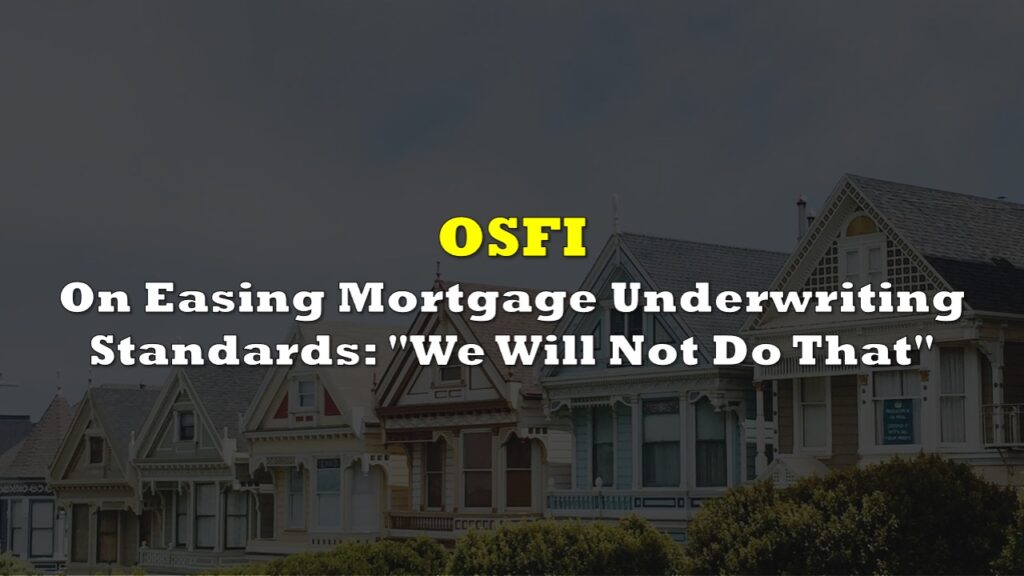Canadians’ debt levels have been sent surging by the most in over a decade, as the scramble towards property purchases accelerates across the country amid the Covid-19 pandemic.
According to Statistics Canada, household mortgage debt rose 1% in April to $1.69 trillion, marking the sharpest increase since 2010. Relative to April 2020, household mortgage debt was 7.8% higher, despite a decline in the sale of existing homes throughout April 2021. In absolute terms, residential mortgage credit grew by $17 billion — the biggest month-over-month increase on record.

Historically-low borrowing costs, coupled with a dwindling supply of homes and surging demand for more spacious accommodation, have created bidding wars across some of Canada’s hottest housing markets. As a result, home values have been sent soaring, forcing Canadians to take on increased levels of debt— something that is becoming a significant concern for the country’s policy makers.
In the meantime, non-mortgage debt— which refers to borrowed funds primarily used for consumption, rose 0.2% in April to $782.7 billion. Statistics Canada also reported that total credit liabilities of Canadian households rose to $2.48 trillion by the end of April, while real estate secured debt, which is comprised of home equity lines of credit and mortgage debt, stood at $1.96 trillion.
Information for this briefing was found via Statistics Canada. The author has no securities or affiliations related to this organization. Not a recommendation to buy or sell. Always do additional research and consult a professional before purchasing a security. The author holds no licenses.









